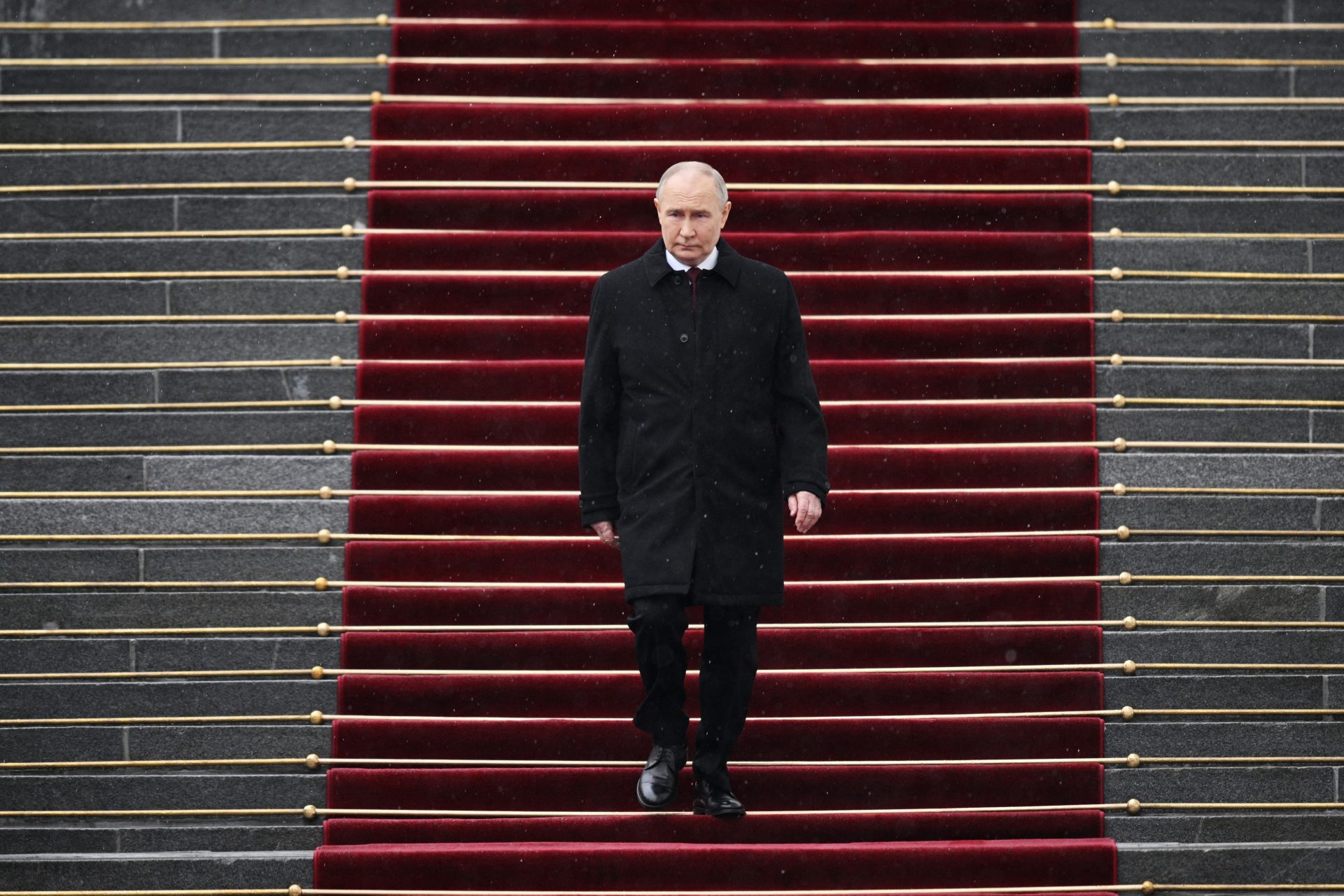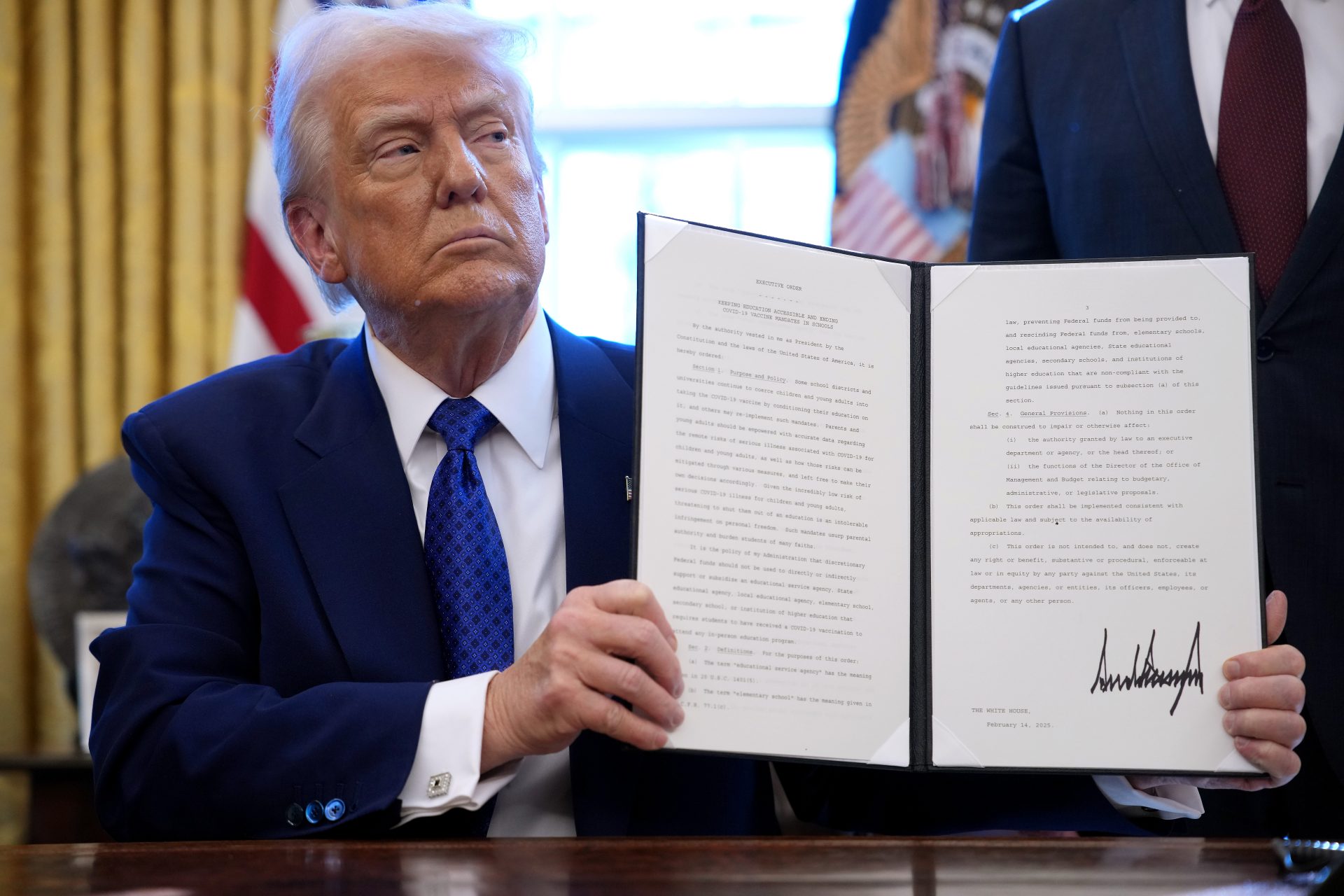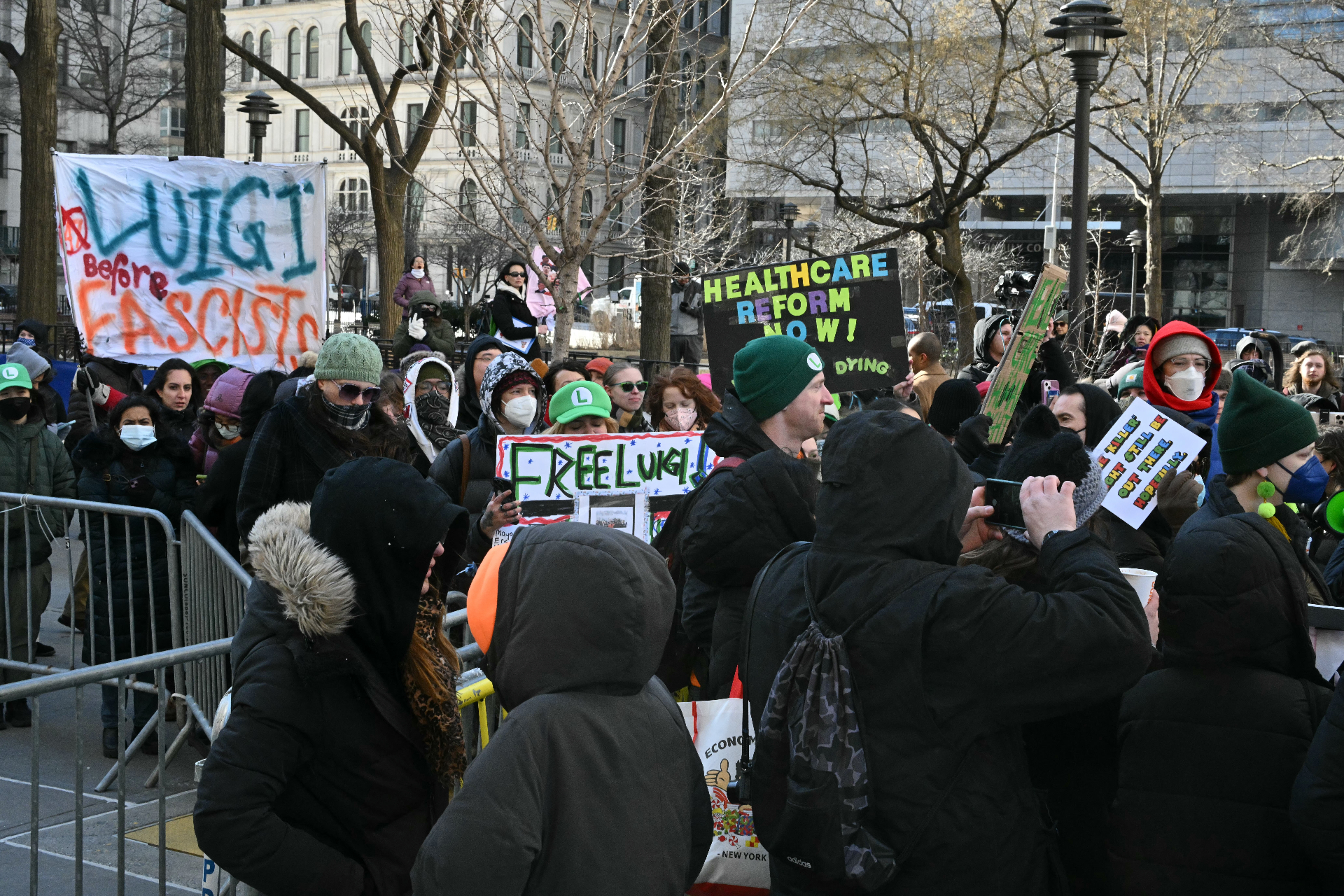A winter of discontent: power cuts across UK as Britain battles the cost of energy crisis
The UK government has outlined plans for Britain to go ‘lights out’ this winter. This came about after the National Grid warned there may be blackouts due to the ongoing energy crisis.
The National Grid’s chief executive has warned Winter blackouts could be imposed on British households during very cold days between 4pm and 7pm but only if Vladimir Putin shuts off gas supplies from Russia and Britain, according to The Guardian.
Winter blackouts could happen if gas shortages and cold weather leave the UK without enough power. But there would have to be reduced electricity imports from Europe and insufficient gas supply to power stations for the planned power cuts to happen.
A senior industry source told the Guardian that “We’re heading into winter in an unprecedented situation. Even during the cold war, the Soviet Union kept the gas flowing so it’s very unpredictable.”
Photo by Thought Catalog on Unsplash
National Grid had warned blackouts may be used, especially during cold nights in January and February 2023, as a way of conserving the electricity generators. This could include periods of up to three hours with no power in UK homes.
Photo by Devon MacKay on Unsplash
Because of the warnings issued by energy officials, the government has revealed plans to conserve energy this winter. It is called ‘The Electricity Supply Emergency Code’ which includes a number of rolling blackouts in the country.
The UK government has plans in place which include the exact times each house could suffer an electricity blackout this winter. This should be a calm, organised way to tackle the energy crisis that could bring the country to its knees.
When asked by Sky News whether Britain could face blackouts or rationing, climate and energy minister Graham Stuart said earlier this month: “We don’t expect that to occur. That’s not our expectation at all."
Blackouts this winter are “extremely unlikely” and government plans to ensure the UK has enough energy and that people will be able to enjoy Christmas, senior cabinet minister Nadhim Zahawi, has said.
National Grid CEO, John Pettigrew, said the blackouts could happen in January and February as a result of gas supplies from Europe being insufficient due to the war in Ukraine. About half the energy on the grid comes from gas.
The overall amount of electricity does not have to reduce, people can simply change their usage to other times of the day. For example, switching on the dishwasher could wait until bed time, electric cars could be unplugged during these peak hours, and people could even put on the washing machine earlier in the day or during the night.
Energy in the UK is provided by a number of suppliers, they divide it up into 18 different blocks, which are similar to postcodes. Each block is assigned a letter from A to U - however F,I and O are not used. Then each one is assigned different periods of time that will be affected by blackouts under this energy conservation plan.
The “demand flexibility service” began on November 1, when those people with smart meters will be notified the day before to use their power at off-peak times.
Photo by Siân Wynn-Jones on Unsplash
The grid could put coal-power power stations on standby and reward customers for changing their energy use to off-peak times to reduce demand during high peak periods.
Photo by Mohammad Esmaili on Unsplash
Even if coal power plants do generate more electricity, there is a possibility that the UK may not have enough power to meet the demand at peak time. If this happens, the government would have to enact emergency measures to conserve power.
Photo by Matthew Henry on Unsplash
In 1972 blackouts led to some homes being dark for nine hours at a time, Britons sat for haircuts beneath street lamps, drank by candlelight in pubs and relied on paraffin lamps and stashes of candles.
In 1972, miners went on strike over pay, this led to the Central Electricity Generating Board switching off electricity for up to nine hours a day for businesses and even homes. The then-Prime Minister Ted Heath introduced a three-day working week in order to conserve energy.
The reasons for these power cuts will not be due to striking but due to the huge impact of the Russian invasion of Ukraine which has affected prices throughout the world since it began on February 20th 2022. National Grid said it expected gas and electricity prices to remain high through the winter.
Photo by christopher lemercier on Unsplash
As the Guardian reports, Fintan Slye, the executive director of National Grid ESO, said: “Under our base case, as set out in the winter outlook, we are cautiously confident that there will be adequate margins through the winter period."
More for you
Top Stories
































